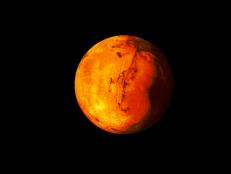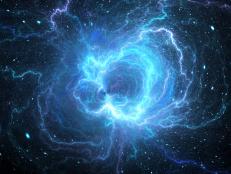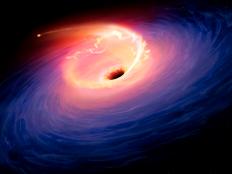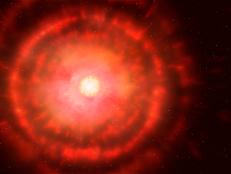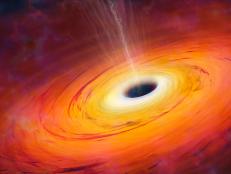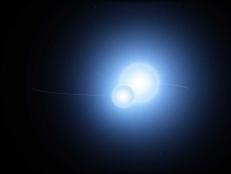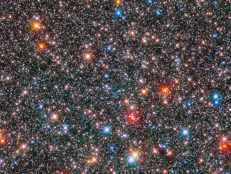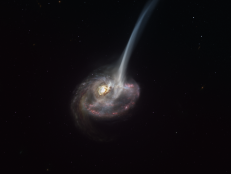All Space Articles
Showing 16 - 30 of 491 results
Want the Ultimate Off-the-Grid Challenge? Try Mars
Mars is the ultimate off-the-grid experience--far grittier, far harder, and far… redder than even the most remote locations on planet Earth. Let’s break down some of the challenges that people will have to face in order to survive and thrive on our neighbor in the solar system.
Why Aren't There Stars in the Moon Landing Photos?
A vocal minority believes that the moon landing was all an elaborate hoax filmed on a sound stage in Hollywood, but it's no hoax. Here's why...
Why We Know Nothing about Dark Matter and Dark Energy
Welcome to the era of precision cosmology…where we’ve managed to very precisely measure everything we don't know about the universe.
The Case of the Missing Black Hole
You would think that objects weighing billions of times the mass of the sun would be easy to find. Alas, it’s rarely that simple.
How Stars Die: The Fate of a Hypernova
All Stars die. Some stars go out with a bang. Some stars go out with a big bang — a supernova. And some stars are capable of something so spectacular, so rare, we don't even have a name for it yet.
How Stars Die: The Big Ones
Sometimes when you want to go out, you want to go out with a bang.
Blue Origin is Headed to Space with a Lucky +1
On behalf of Blue Origin, the opportunity of a lifetime is currently being auctioned off: the last seat on New Shepard, heading to space.
An Astrophysicist's Perspective: the World Could Use a Dose of Overview
Something happens once you see the world from a different perspective. It's called the "Overview Effect". But what does that mean?
Too Big to be a Neutron Star, Too Small to be a Black Hole. What Am I?
Okay, stars die in all sorts of interesting and cosmically expressive ways (except the red dwarf stars, who just sort of…stop).
The End of the Universe: The Fall of Light
There was a time, a time long, long ago, before the first stars appeared. The universe was young then and less than a billion years old. But will the fall of light be the end of the universe?
Like Stars? How About 6 in the Same Solar System?
Meet TYC 7037-89-1, a six-star solar system. Astrophysicist Paul M. Sutter explains this stellar surprise discovery.
This Is How Our Sun Will Die
Every star you see in the sky, including the sun, will someday die. It’s best to get used to that idea now, before things start to get heavy.
Small Galaxies Matter Too
Long ago, our universe was without stars. When that first generation ignited, it completely transformed the cosmos, ripping away the veil of neutral gas that had persisted for hundreds of millions of years. This process, called reionization, is largely mysterious to astronomers. But new research is revealing that the smallest of galaxies may have played the biggest of roles.
A Eulogy for a Galaxy
ID2299, a galaxy 13.8 billion light years away, died far too young.



































































